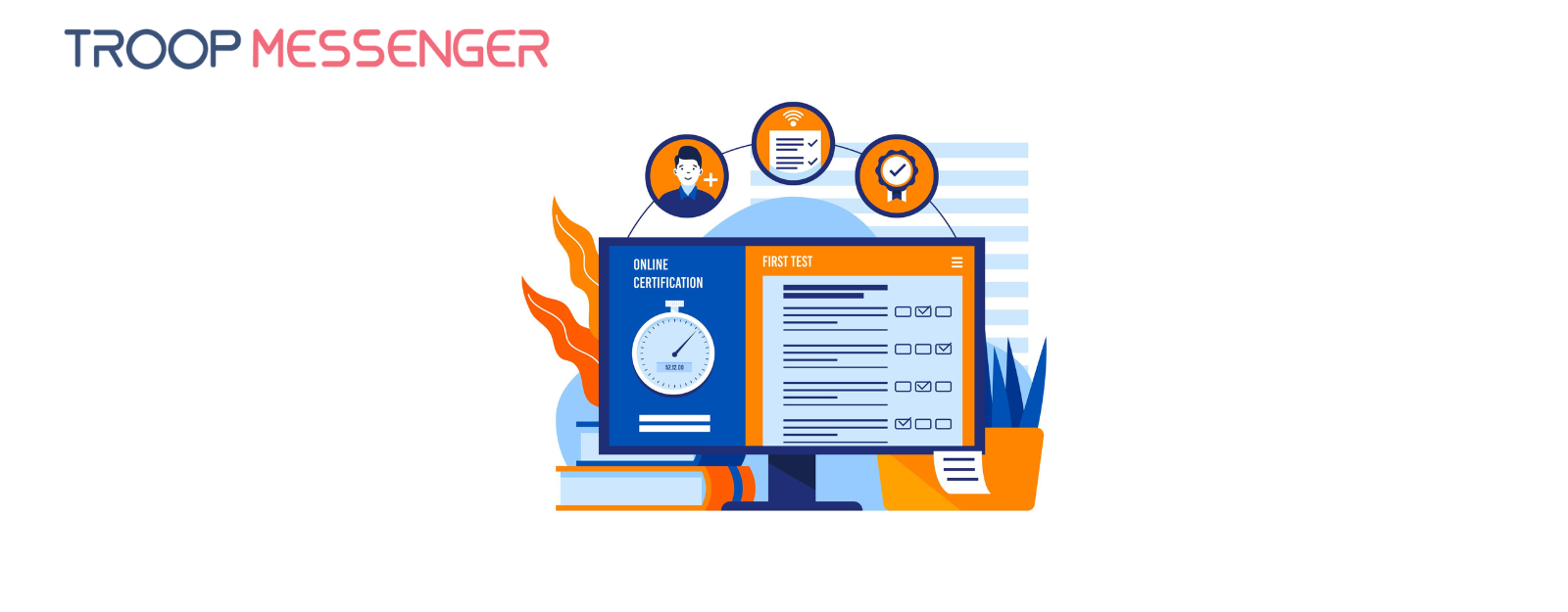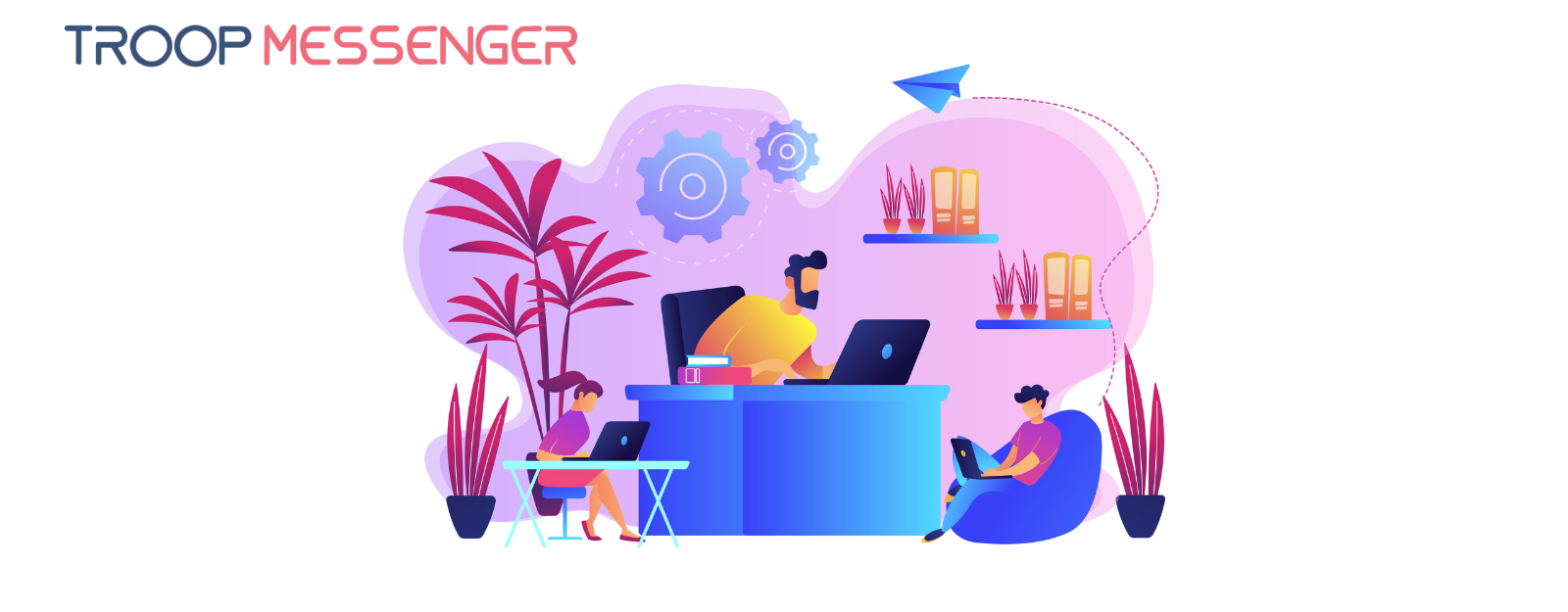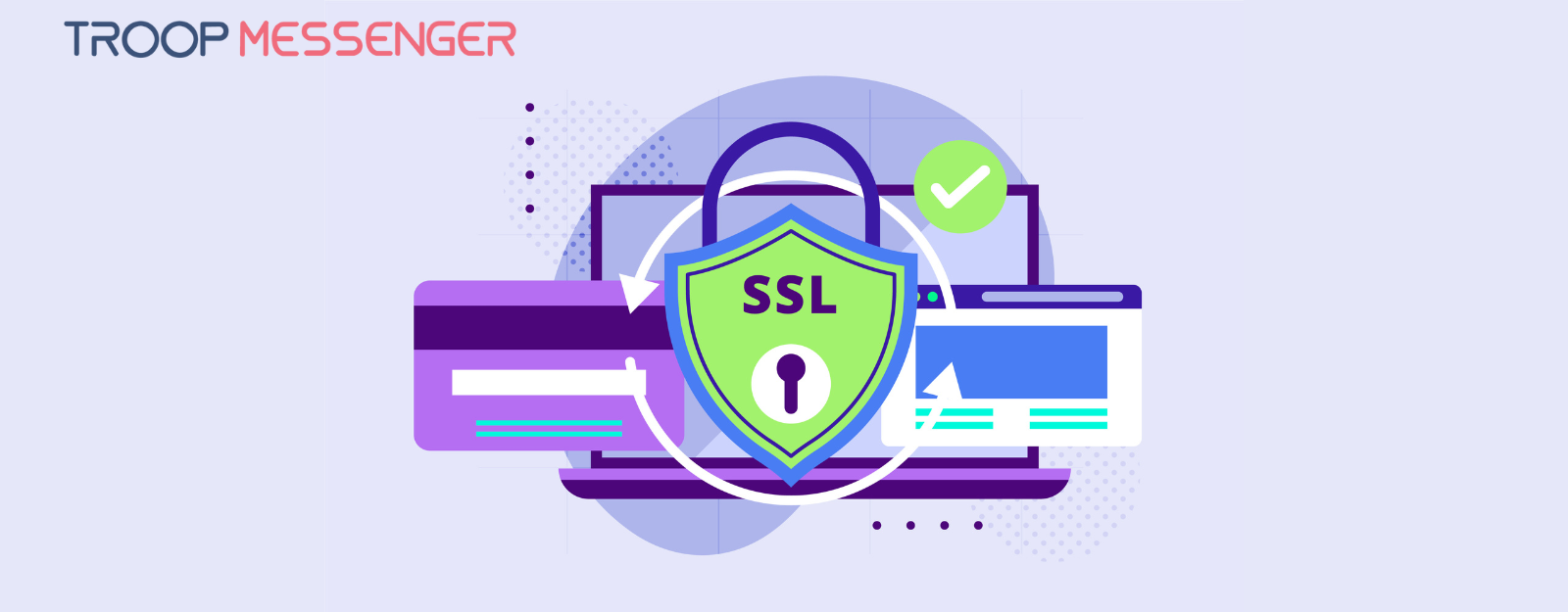Connect with us

Unveiling the Mystery: A Comprehensive Guide to VPNs
We rely on the internet daily. It keeps us in touch and entertained. Yet, risks exist—we might lose privacy or face security issues. That's where virtual private networks, or VPNs, can help. But what is a VPN, and how can it help you?
This simple handbook plunges into the pool of VPNs. It breaks down how they work, their pros, and when you might need them. Tech experts and everyday web surfers alike, this guide prepares you. It helps you figure out if a VPN is the right online security tool for you.
What is the meaning of VPN?
The Meaning of VPN is a virtual private network that codes your internet use and masks your IP address. It's like building a hidden passage between your gadget (such as a computer, cellphone, or tablet) and a distant server managed by a VPN company. This passage encodes your online moves, keeping them secret from others. This includes people who might want to sneak a peek, like hackers, your own internal service, or even the websites you browse.
Let's put it this way: It's like you're mailing a secret note. Normal Internet usage is like posting that note without an envelope—anyone could snoop and read it. But when using a VPN, that note is put inside a secure cove before it's mailed. This way, only the person it's meant for can see what's inside.
How does a VPN work?
Picture a hidden path under a busy city road. This compares well to a VPN (virtual private network). Let's explore more about the exciting system that protects your online actions:
1. Connection Establishment: You start by linking up with the VPN service you've chosen. This request is sent via your usual intern, like how a postman collects your mail.
2. Encryption: The Shrouding Act This is the exciting part! When your gadget goes online, be it for sending emails, surfing the web, or shopping, the data it generates gets changed. Sounds technical? Not really. They use something called AES-256 to scramble data. It's a sort of code. So, your data looks like nonsense to anyone trying to steal it. This makes sure your private stuff stays private.
3. Tunneling: The Secure Passage Picture this: the coded data becomes neatly wrapped up inside a safe passage created by the VPN. Imagine this passage as a secret pathway through a bustling city, unseen by anyone. This pathway is also coded, which gives it an extra shield for safety.
4. Decryption at the Gateway: The VPN server is the end destination for the scrambled data packet. It functions like a secret door. The tangled code is unpicked by the VPN provider using specific decoding keys. This action turns the nonsense back into something you can understand.
5. Data Flow Reversal: A Secure Return Trip The decoded data is all set, and the VPN server moves it along to the website or the online service you wish to reach. Although it goes via the usual internet paths, it sticks inside the protected tube set up previously.
6. Re-Encryption for the Return Journey: Your gadget gets the site's reply only after the VPN server adds another layer of encryption. This second encoder provides more safety as it travels back through the tunnel.
7. Decryption on Your Device: At last, your gadget receives the coded response data. It uses its unique key to decode the data, changing it back to the initial form. You can now view the website's response, totally oblivious to the complex path your data traversed in secret.
Benefits of Using a VPN
VPNs provide a host of benefits for those looking for improved online safety and privacy.
- Enhanced Security: A VPN shields your data from unwanted attention by encrypting your web activity. This is particularly essential when accessing public Wi-Fi networks, known for their lack of security and high risk of data leaks.
- Improved Privacy: Think of a VPN as a cloak for your device's IP address. This address is a unique tag that trails behind your device online. By disguising it, websites and digital platforms can't figure out your location or check out your web browsing habits. So, you're more like a ghost on the web.
- Bypassing geo-restrictions: Some online pages and stuff are only allowed in specific places. It's because of certain agreements or rules. A VPN can fix this issue. It lets you connect to a server somewhere else. It's like you move, but only on the internet. This way, you can see stuff that you couldn't before.
- Increased Security for Remote Work: The surge in remote work has made it critical to protect business data. VPNs form a secure bond between staff gadgets and corporate servers. This keeps important information secret, no matter where you are.
- Enhanced Online Gaming Experience: Players use VPNs to cut down on lag and improve their ping times by linking to servers in the best spots. Plus, VPNs can get round-the-clock location blocks on some games.
Advanced VPN Features:
- Split Tunneling: You can pick which apps or websites will go through the VPN tunnel and which ones will use your usual internet link. This helps when tasks need a special connection, like watching videos. Meanwhile, your private traffic stays coded.
- Kill Switch: An off switch is a security tool that immediately cuts your internet link if the VPN connection unexpectedly falls. This stops your unprotected data from being revealed.
- Multi-Hop: This function lets you send your online data through several VPN stations before it arrives at its endpoint. This offers more anonymity. However, it might affect how fast your connection is.
- Dedicated IP Address: A few VPN services let you buy a personalized IP address. You get a steady IP address only for you, which is handy for some online platforms that limit or slow down interactions from shared IP addresses.
Advanced use cases for VPNs:
- Torrenting: Torrenting protected content can get you in trouble in certain places. Masking your IP and location with a VPN can make tracing your actions harder. It's worth pointing out, though, that it's not okay to use a VPN for illegal stuff.
- Censorship Circumvention: In places where the internet is tightly controlled, a VPN can help reach online sites and services the government has blocked.
- Business Use: A VPN helps businesses build a safe link between workers' gadgets and company databases. This is key for off-site employees who handle sensitive information.
The Future of VPNs:
The number of VPN users is predicted to multiply in the future. With the surge in worries about digital safety and private matters, both common people and companies will search for routes to safeguard their information.
Here are some potential future trends for VPNs:
- Increased Focus on Security: Expect VPN services to keep putting money into making newer, better encryption methods. They want to ensure our data is secure.
- Improved Performance: With tech moving forward, VPN services aim to provide speedier, dependable links that minimally affect online speeds.
- Integration with Other Security Tools: VPNs might start working closely with other safety items. They could be combined with firewalls, anti-malware software, and others. This could provide better overall security protection.
- Regulation of VPNs: The popularity of VPNs is growing steadily. As this happens, rules on VPN services might be introduced by governments. This could perhaps make VPNs less efficient or harder to operate.
When should you use a VPN?
Think about using a VPN more often, not just in the common situations mentioned before.
- Using Public Transportation Wi-Fi: They often have Wi-Fi, but sometimes it's not safe. Anyone can use it, and there might be holes for hackers. A VPN helps shield your virtual activities as you travel.
- Engaging in Online Shopping: Shopping online, especially on new websites, can put your financial details at risk. A VPN helps protect them, like credit card information, when you're buying things.
- Handling Sensitive Work Documents: Working often with sensitive files while remote? A VPN can help keep you secure. It scrambles your connection to lessen the chance of information leaks on insecure networks.
- Accessing Geo-Restricted Streaming Services: Streaming services sometimes change their offerings based on where you are. A VPN lets you link up to a server that has the shows and movies you want, giving you more choices.
- Participating in Online Gaming: Competitive online gamers can get a boost from VPNs. They may cut down lag and make ping times better by hooking you up to servers that are in the prime spot. Plus, VPNs can jump over barriers that prevent access to certain games at your place.
Keep in mind that while a VPN isn't a guaranteed fix-all, it lends a hefty measure of security and privacy to your internet explorations. Knowing when and why to use a VPN allows you to purposely shield your information and enhance your web participation.
Things to Consider Before Choosing a VPN Provider
Looking for a VPN provider can feel like finding a needle in a haystack with so many choices out there. Here's what to look for:
- Security and Encryption: Pick a VPN service that utilizes sturdy code systems such as AES-256. This makes sure your data stays very safe.
- Logging Policy: Choosing the Right VPN Company. Go for one with a firm no-log rule. This means they won't keep or track your online actions or connection details.
- Server Network: Think about the size and location of the provider's server network. A bigger network gives more choices for linking to various virtual places and could offer improved connection speeds.
- Speed and Performance: VPNs, adding another processing step, might affect the speed of your internet. Pick a provider praised for their speedy and dependable connections.
- Device Compatibility: Check that the VPN provider has suitable apps for your chosen gadgets (like Windows, macOS, Android, and iOS).
- Customer Support: Dependable service is vital if you run into tech hurdles.
Potential Drawbacks of Using a VPN
VPNs do have notable benefits, but it's fair to consider possible disadvantages too.
- Slower Speeds: Basically, as previously stated, VPNs can mildly dial down our web speed. That's because they encrypt data and take a roundabout path. Yet, top-notch VPN service providers ensure this effect is as minimal as possible, thanks to their sturdy setup.
- Limited Free Options: Usually, a depndable VPN service requires a payment. Free VPNs tend to have downsides such as data limits, annoying ads, or inferior safety measures.
- Potential Legal Restrictions: Certain places may have rules about using VPNs for certain things. Always check the laws where you are before using a VPN.
Conclusion
The digital world today makes online protection and privacy vital. VPNs serve as a strong weapon to code your web activity, secure your information, and boost your web privacy. By learning the VPN mechanisms, the pros and cons, and the method to choose a dependable provider, you can arrive at a knowledgeable decision if a VPN aligns with your needs.
Using a VPN? Great! But remember, to ramp up security, pick one with tough encryption and a no-logging rule. Yes, a VPN helps, but that's not all. Good browsing habits are vital, too. Be alert for online risks.








